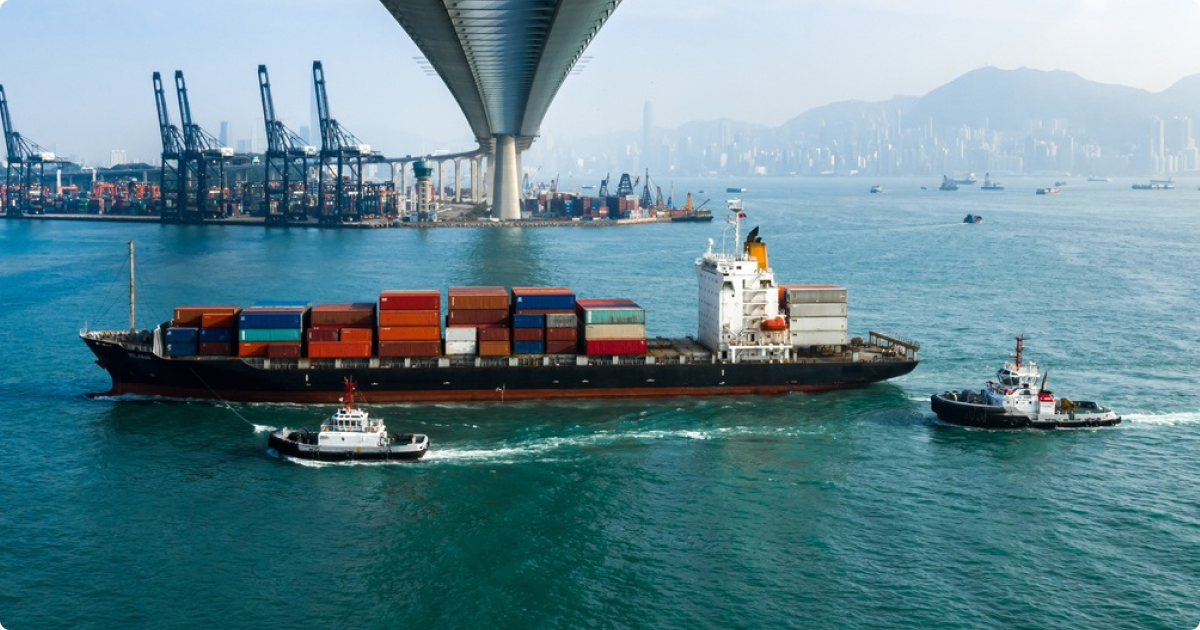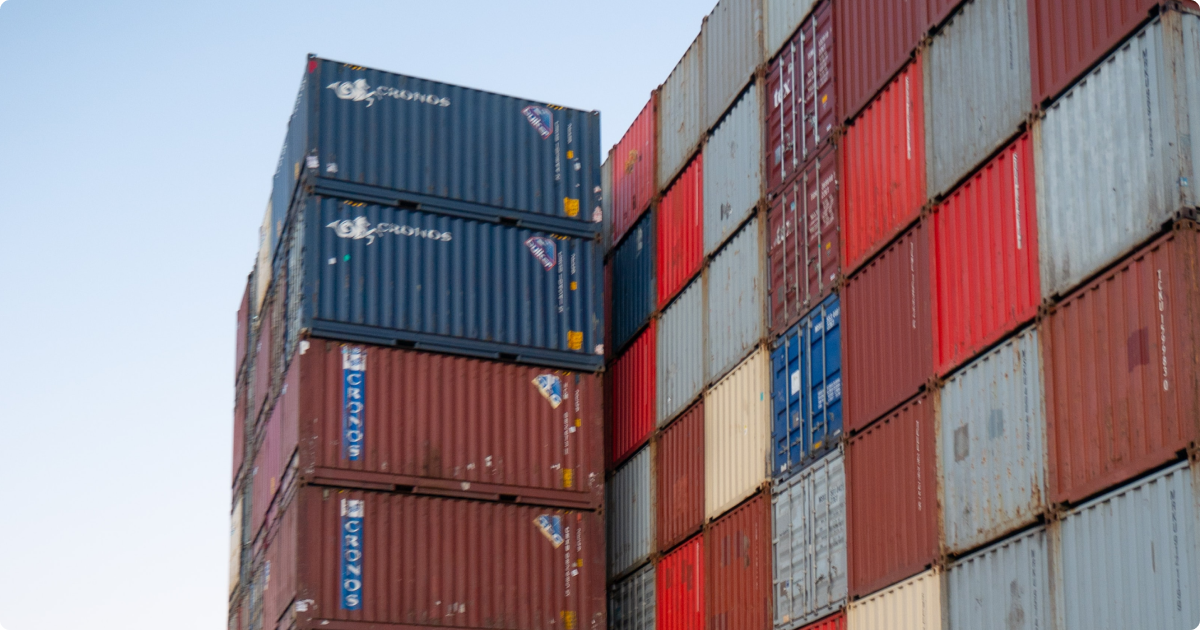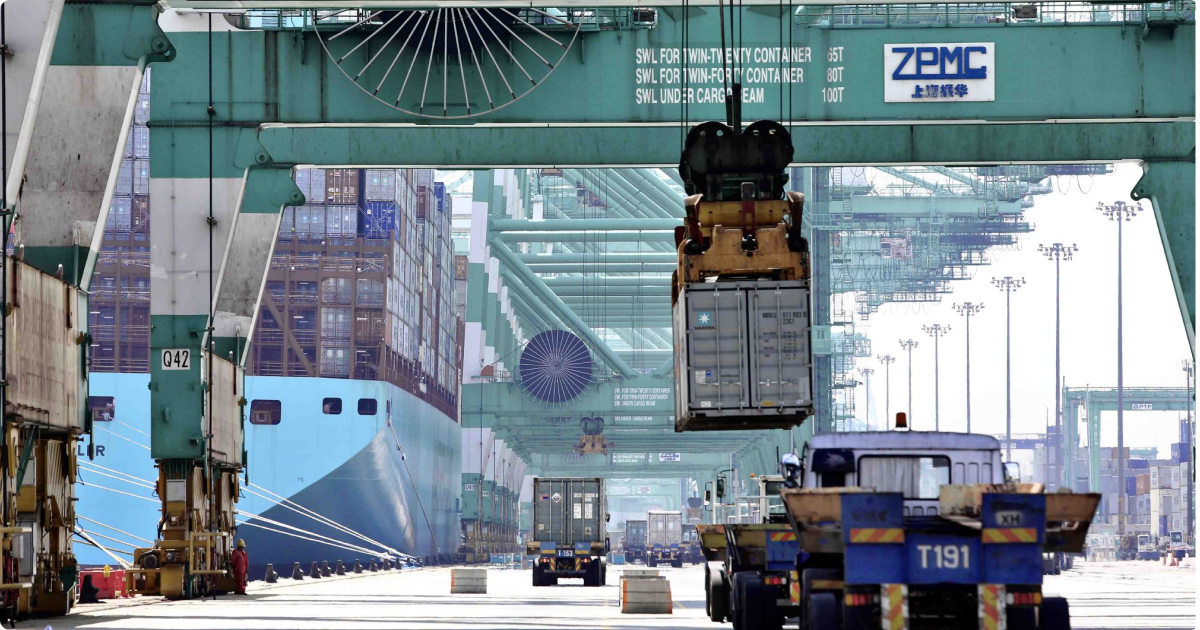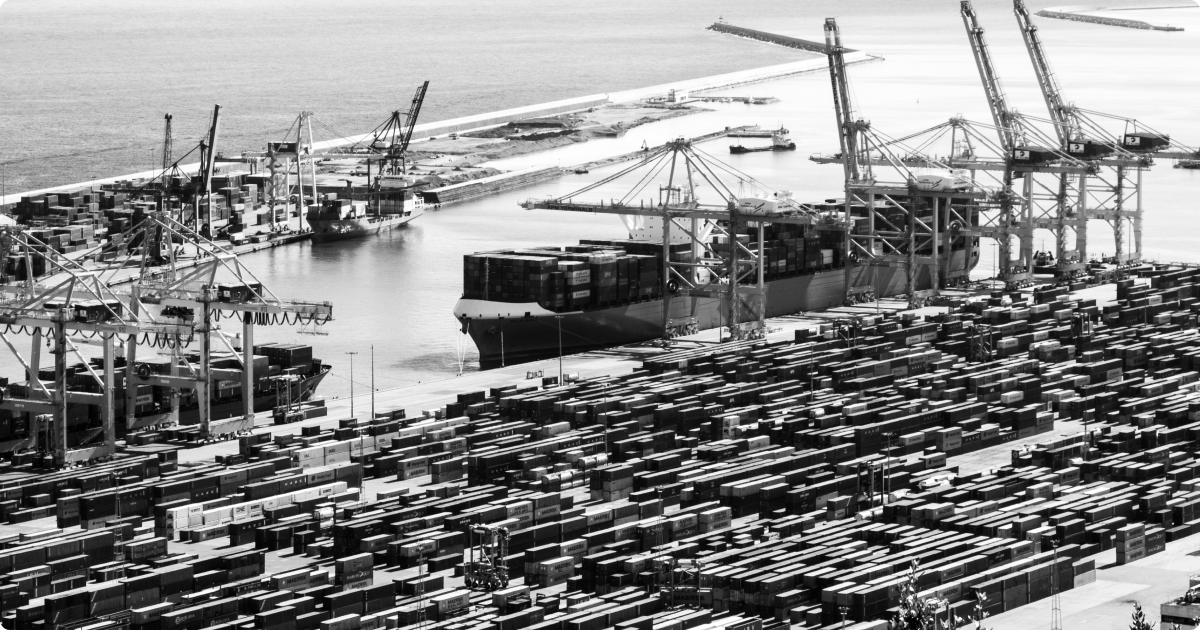As the backbone of global trade, shipping, and transportation by sea are essential components of the world economy. From fueling economic growth to providing job opportunities for hundreds of thousands across the globe, the maritime industry remains one of the leading forces in international development despite widespread displacement caused by digital transformation and other macroeconomic factors.

As a result, companies in this sector must understand their particular roles and the more significant implications of their decisions on commerce and business operations throughout the industries they serve. In this blog post series, we'll explore how sea companies can maximize their potential within this landscape – both now and into the future.

According to the United Nations Conference on Trade and Development (UNCTAD), the value of international seaborne trade is expected to increase by around 3.4% by the end of five years ending in 2024. This growth will be driven mainly by remarkably rapid growth rates for containerized cargoes and dry bulk cargoes. Their compound annual growth rates over the same five-year period are expected to be around 4.5% and 3.9%, respectively.
In the 20 years from 1996 to 2016, the maritime industry experienced a massive expansion. Global maritime trade increased by 112% in those two decades. By comparison, the total global GDP increased by 73% during the same period. Thus, the maritime industry is growing at 1.5 times the rate of the world economy. Statistics from the International Maritime Organization (IMO) show that around 90% of international trade is carried by sea.
Importance of the maritime industry
Worldwide shipping demand has been growing steadily. The higher the order for shipping, the greater the economic production generated. That is because a large volume of maritime business facilitates international trade, benefiting industries ranging from financial to insurance to real estate, even legal, and many others.

As companies and businesses in these diverse fields interface through enhanced connections via the marine industry, the various industries will be enabled to operate to the best of their capabilities, thus boosting economic growth and development.

As one would expect from such a solid and flourishing sector, the shipping industry is a crucial engine of economic growth. Maritime ports and their businesses add substantial economic value to the countries they are situated in. Such activities involve the operation of shipping agencies, coastal and inland waterway shipping, the warehousing of merchandise in seaports, and various other activities in support of shipping. Certain vessels may even have to pay rent for the use of ports as part of transit shipping routes; this rent is also part of the financial benefit provided by the maritime industry.
Employment Produced by the Marine Economy
The seaborne industry is an essential source of employment in many nations, especially those with many harbors and a coastline. Three types of work within the maritime sector are direct, indirect, and induced. Direct employment refers to jobs directly supported by the official maritime sector of a given country.

Indirect Employment refers to those who work in jobs related to the supply chains. Induced employment refers to those workers who impact the industry through methods that entail more overall spending. A few primary forms of work within the maritime sector are related to marine engineering, marine business services, shipping, and offshore marine oil and gas.
The maritime industry has been a catalyst for various technological advancements and developments. The success of the maritime industry depends on developing new technologies and innovative solutions that will facilitate the optimal functioning of marine transportation systems. Globalization and manufacturing centers' development necessitates a thriving global shipping network.
The best way to serve this network is to use the investment in research and development to provide the industry with advantages of all types; such advantages will eventually increase the economic and commercial feasibility of the industry, in turn enhancing the value of the industry's economic contributions.
Conclusion
The maritime industry is vital for international trade and the global economy. In the past 20 years, we have seen a 112% increase in global maritime trade. This growth is expected to continue in the next five years with a compound annual growth rate of 3.4%.

At Agemarin, we understand the importance of staying up-to-date on the latest news and information in the maritime industry. Follow us for continued coverage of all things nautical.